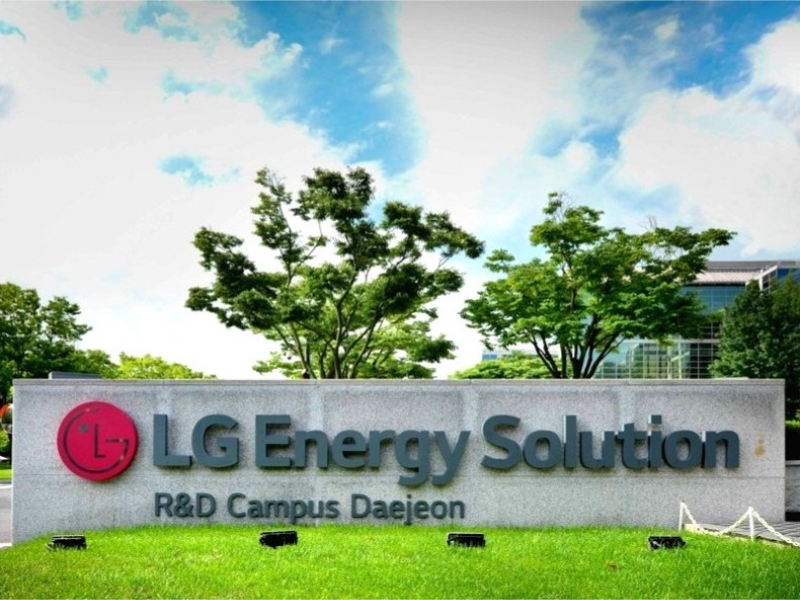- LGES slashes sales targets due to weak EV demand and US election risks, opting to scale back expansions and maximise current capacity.
- Despite the challenges, LGES shares have seen a rebound, jumping 4.2%. Shares in LGES rival Samsung SDI rose 3%, and SK Innovation, which owns battery maker SK On, gained 1.2%.
OUR TAKE
LG Energy Solutions (LGES), a South Korean battery manufacturing giant, has been in the spotlight for its performance in the electric vehicle (EV) market. However, LGES recently announced its first quarter earnings report, which showed a significant decline in both revenue and profit. Against the backdrop of slowing global demand for electric vehicles, LGES’s financial performance and future strategic adjustments will undoubtedly become the focus of industry attention. In addition, as the U.S. election approaches and the trade friction between the U.S. and China continues, the response strategies of LGES and its customers to changes in the policy environment will also be an important factor affecting its development.
–Elodie Qian, BTW reporter
What happened
South Korea’s battery manufacturer LG Energy Solutions (LGES) has announced a significant revenue shortfall for the year, projecting a drop of over 20% due to a more pronounced deceleration in global electric vehicle (EV) demand than anticipated.
The company, which counts Tesla, General Motors, and Hyundai Motor among its clientele, has also voiced concerns over the potential impact of the U.S. presidential election on EV policies and demand.
“The outlook is likely to further dampen sentiment toward the global EV sector,” said Kang Chang Beom, LGES Chief Strategy Officer, during an earnings call with analysts. He added, “If the U.S. administration changes, there could be risk to EV demand growth.”
The company has reduced its estimate for the U.S. federal tax credit it expects to receive this year under the Inflation Reduction Act to 30-35 gigawatt hours (GWh) from the initial 45-50 GWh, due to the demand slowdown. This indicates a possible decrease in profitability.
LGES revealed that without the IRA tax credit, it would have recorded a second-quarter operating loss of 253 billion won ($182 million).
LGES has stated its intention to “adjust the pace of new expansion or scale down investment in some projects, while maximising the use of our existing capacity,” according to an earnings release.
Also read: Why are EV chargers so unreliable?
Also read: US Senate says to extend TikTok sale deadline til after elections
Why it’s important
The company’s forecast for global EV market growth has been revised down to slightly above 20% for the year, from 36% the previous year. Revenue is now expected to decline, a stark contrast to the previously anticipated mid-single percentage growth.
Despite the challenges, LGES shares have seen a rebound, jumping 4.2% as investors weigh the potential influence from increased EU tariffs on China-built EVs and further U.S. restrictions on the Chinese EV supply chain.
Analyst Kang Dong-jin at Hyundai Motor Securities commented, “The market was initially worried about the impact of U.S. EV policy change but those concerns eased as the market digested LGES’ comments, lifting shares of battery makers across the board.”
In an interview, an LGES senior executive said, “I expect EV demand to recover in about 18 months in Europe and two to three years in the U.S., depending in part on climate policies and other regulations.”
Shares in LGES rival Samsung SDI rose 3%, and SK Innovation, which owns battery maker SK On, gained 1.2%.

